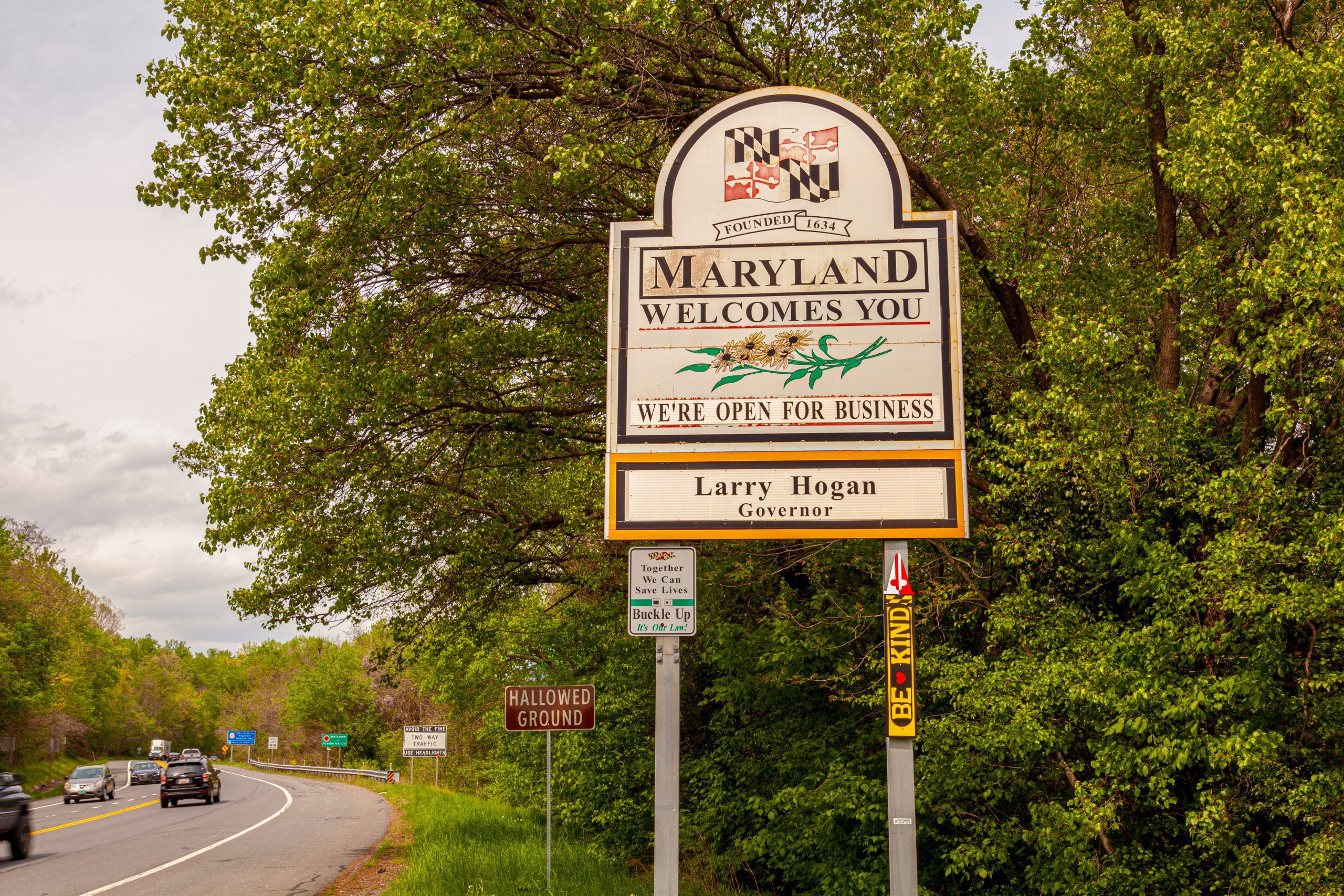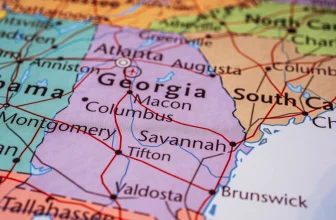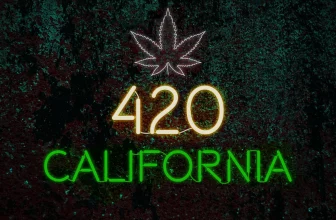
Social justice has always walked hand-in-hand with marijuana legalization. In Maryland next year, it may be part of the legalization package.
In the past several days, lawmakers in the Maryland House and Senate have discussed the positives and negatives of expunging cannabis-related criminal records. The positives were focused on public safety, social equity, and higher employment rates, while the negatives largely focused on time and financial costs.
John P. Morrissey, Maryland’s District Court Chief Judge, said they are “at the point where we have done everything that we can do technologically, and it’s going to require a manual intervention for anything else that’s required.”
The Current State of MD Marijuana Laws
In Maryland, there is currently a $100 civil fine for possessing under 10 grams of marijuana, while the fine for possessing 10 grams or more is $1,000 and/or 6 months in jail.
According to William Tilburg, who runs the Maryland Medical Cannabis Commission, Maryland has set the lowest possession limit for decriminalization of any applicable state in the country. Even this small amount has led to possession-related arrests dropping by 11.6% between 2018 and 2019.
According to Morrissey, eliminating prior cannabis-related charges could follow three potential routes:
- Expungement: Expunging criminal records would completely remove any trace of previous cannabis-related cases from police and court records.
- Shielding: A judge would request certain cannabis-related records to be shielded from public view.
- Sealing: Sealing would entail a person with cannabis-related charges appealing to a judge to limit access to their records.
The Cost of Expungement
The expungement route would require an estimated “several hundred additional clerks,” who would then have to sift through “millions” of case records over the course of several years. In the case of Maryland, there are likely hundreds of thousands of cases that would become eligible for expungement.
The problem lies in the fact that expunging even a single record can take 2 to 3 months at a minimum. The process requires defendants to serve petitions to the Maryland attorney’s office. This office has one month to object to the request, which, if done, would require a separate hearing.
After this, orders would have to be sent to every single organization that was involved with the case, including the Criminal Justice Information System (CJIS). CJIS is responsible for the state’s computerized criminal identification record system. Every time a court order for expungement goes out, the record (along with a case and tracking number) arrives at CJIS. Staff must then sift through the database to identify the record in question.
Assuming it exists, the staff must then remove it from the system and send a notice to other agencies with related information. This could include mugshots or fingerprints. Once this process is complete, the court will receive a letter confirming the eradication of the record.
Finally, CJIS and other divisions must conduct a final review to be certain the record in question has been expunged from their systems.
Adding to the complexity of expungement is the fact that older records, which were kept primarily on paper, require much more time and effort than modern electronic records.
The Progress So Far
Earlier in 2021, the Maryland legislature passed a law prohibiting the Maryland Judiciary Case Search from displaying court cases with only cannabis possession charges if those cases were dismissed before October 1, 2014.
Concerns over public safety and health are still largely based on the fact that data is scarce since legalization has only occurred in recent years around the country. According to Taylor Kasky, the Maryland Medical Cannabis Commission’s director of policy and government affairs, a lack of “very good, long-term, baseline data regarding pre- and post-legalization outcomes” makes it “difficult to establish any causal links between health and safety outcomes and legalization.”
However, the majority of Marylanders polled approve of recreational cannabis use, according to a recent poll.
Furthermore, data from other states have indicated a significant reduction in crime associated with legalization. Other research has shown that legalization does not lead to an increase in underage use and may actually lead to a reduction in marijuana use among teens.






